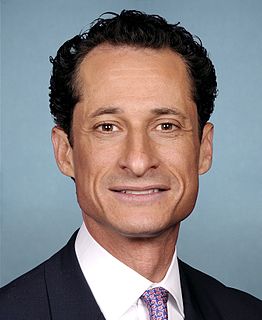A Quote by Karl Lauterbach
In the '50s and in the '60s, the private insurance system originally was a benefit for the bureaucrats in Germany. And this system became ever bigger because the private insurance industry lobbied successfully for making this system bigger. In the '70s and in the '80s, they managed to find a system where they could take everyone beyond 40,000 euros income per year but didn't have to take everyone. So they only took those that had both high income and a secure job and who was not ill at that time.
Related Quotes
I think, unfortunately, many opinion leaders in Germany - including government officials, politicians, social service bureaucrats and so forth - they are in the private system, and they get paid the private insurance by their employer. So for them this is the best of two worlds: They have some more expensive and privileged access, but they do not have to pay for it themselves. This is a system which is both inefficient and unfair at the same time, but it is defended by those who profit from this system, and this includes many opinion leaders and many politicians.
Health insurance in Germany continues with no change if you lose a job. We do know very well that people who become unemployed are at an increased risk of becoming ill, and therefore becoming unemployed is about the worst time to lose health insurance. So therefore, everyone who loses a job remains in exactly the same insurance system he is in.
In comparison to the U.S. health care system, the German system is clearly better, because the German health care system works for everyone who needs care, ... costs little money, and it's not a system about which you have to worry all the time. I think that for us the risk is that the private system undermines the solidarity principle. If that is fixed and we concentrate a little bit on better competition and more research, I think the German health care system is a nice third way between a for-profit system on the one hand and, let's say, a single-payer system on the other hand.
The German health care system is unique in its attempt to combine competition among sickness funds on the one hand and a universal coverage plan on the other hand. Most health care systems are either one or the other, so you either have private insurance and competition but not everyone is covered for everything, or you have a single-payer system. So the ideal types are like the American system on the one hand or the Scandinavian or U.K. systems on the other end.
Germany tries to combine the advantages.
The German system is way less fair than it is expected to be, and the difference is becoming bigger. The private system, with its privilege to pay doctors and hospitals better, is basically putting the whole system at jeopardy, because many first-class hospitals and first-class physicians are wasting their time on trivial cases of privately insured and are no longer accessible for the difficult cases from the public system, despite [the fact] that the hospitals and also the education of those professionals is paid for by public money.
The best tool today is longevity insurance - they call it income insurance. Most people know the value of life insurance. But what if you live? So instead of trying to guess one or the other, you plan for those 20 years and you get this income insurance. If you live beyond 85, you have money that's guaranteed for as long as you live in the form of an annuity.
The final and best means of strengthening demand among consumers and business is to reduce the burden on private income and the deterrence to private initiative which are imposed by our present tax system, and this administration pledged itself last summer to an across-the-board, top-to-bottom cut in personal and corporate income taxes to be enacted and become effective in 1963.
Code wants to be simple... I had to give up the idea that I had the perfect vision of the system to which the system had to conform. Instead, I had to accept that I was only the vehicle for the system expressing its own desire for simplicity. My vision could shape initial direction, and my attention to the desires of the code could affect how quickly and how well the system found its desired shape, but the system is riding me much more than I am riding the system.
How is it that we have created an economic system that tells us it is cheaper to destroy the earth and exhaust its people than to nurture them both? Is it rational to have an pricing system which discounts the future and sells off the past? How did we create an economic system that confused capital liquidation with income?




























